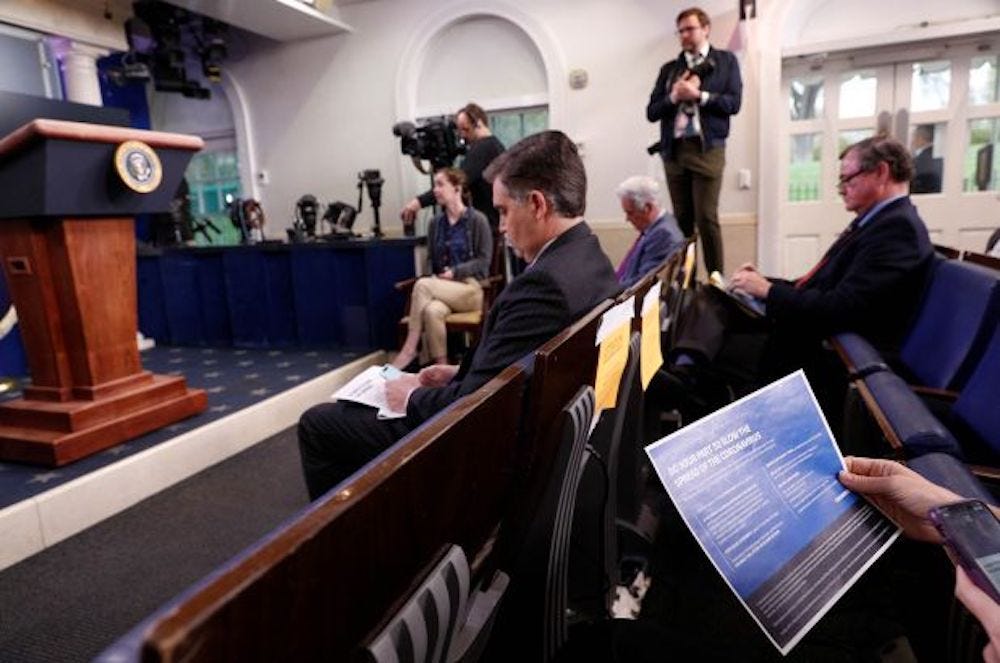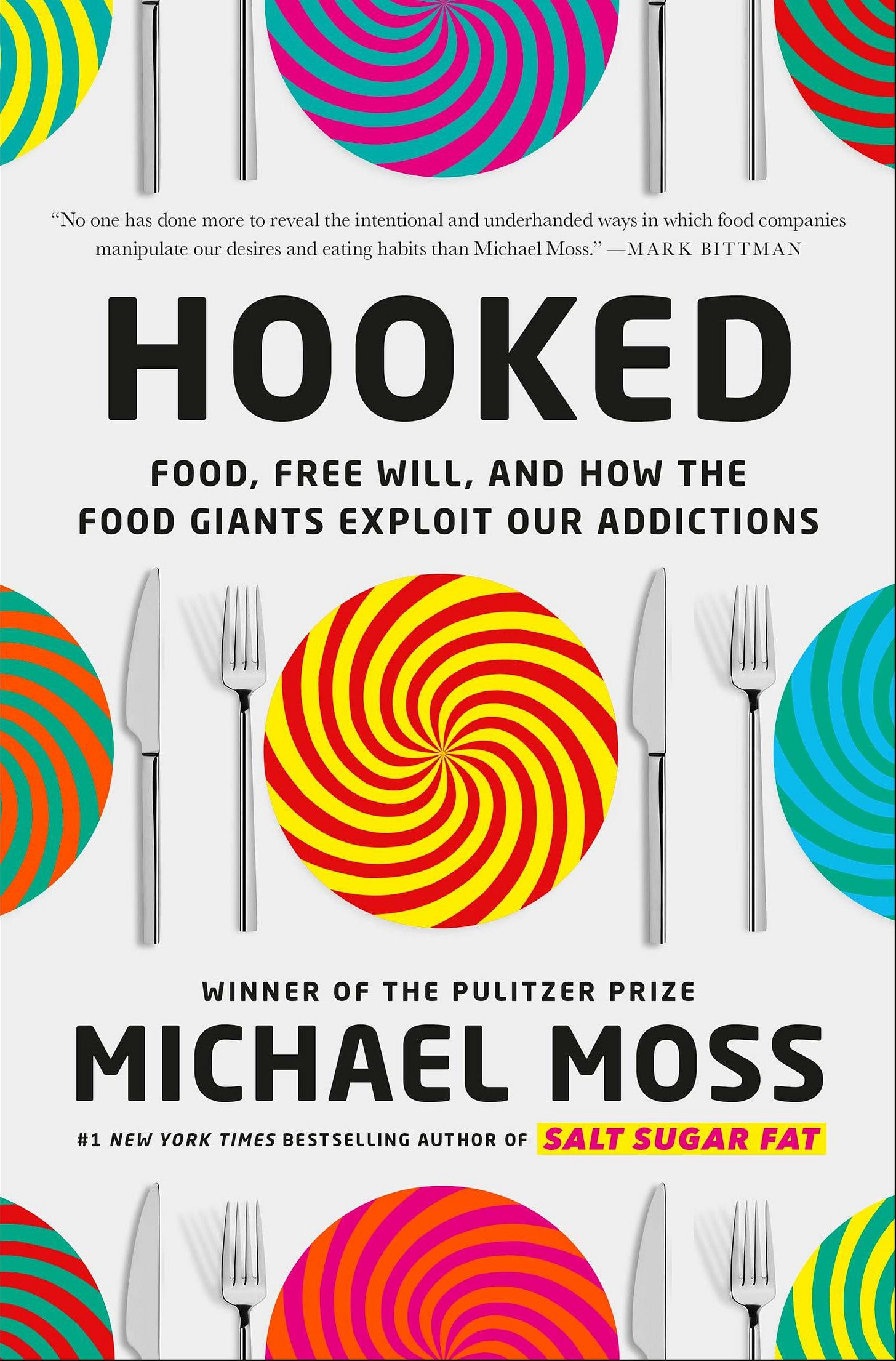I’m OK with Biden staying out of the spotlight
The president has the White House Press Corps in a tizzy because he hasn’t given a formal press conference yet. Is this much ado about nothing?
President Joe Biden inherited two generational crises in the coronavirus pandemic and the economic recession that followed. As of this afternoon, he’s since signed the $1.9 trillion American Rescue Plan into law — which is estimated to reduce the poverty rate by one-third, cut child poverty in half and close the racial wealth gap while also serving as a template for future policies to lift (and keep) households and businesses from the brink of ruin — and secured enough vaccines so every adult who wants one can get one by the end of May.
But the White House press corps is frustrated with the president because he has gone longer without holding his first formal press conference than any of his 15 predecessors over the past 100 years. These press conferences are designed to facilitate unscripted exchanges from meaningful back-and-forth that reveal the truth about a president’s thinking and scrutinize his rationale more effectively than the tightly controlled and scripted events Biden has used to engage with the press. Ben Gittleson at ABC News characterizes the absence of a presidential presser as a renege on Biden’s promise to “Americans that he’d always be ‘straight’ and ‘transparent.’” For her part, press secretary Jen Psaki, who reinstated the daily briefings that were axed by the previous administration, said at last Friday’s briefing that “the president takes questions several times a week” and that “his focus and his energy and his attention” has been on vaccine distribution and stabilizing the economy. On Monday, she added, “The president has done about 40 Q&As since he took office.”
I was curious if Americans outside the beltway cared about any of this so I reached out to three creators who voted in last November’s election and self-identified as politically aware or engaged. The trio didn’t know that President Biden hasn’t given a formal press conference since he was sworn in, with one adding that he was surprised to learn the news. “If his press secretary is giving regular updates and being open and honest, then I think this shouldn’t matter,” a 33-year-old entrepreneur in Washington D.C. said, before adding that he did think we should be consistent since mainstream and social media critiqued Donald T**** on the rare occasion he didn’t meet with the press. A 26-year-old New York City-based software engineer told me that she was relieved by the president’s absence from formal press conferences due in part to Psaki’s daily presence. “Although [her] updates could be more decisive. I wish Psaki’s briefings could cover in more detail the progress or steps that the president is doing,” she said. “I get the impression [Biden’s] heads down getting a lot done, which I can see in other news stories,” a 43-year-old director of account management who lives in Sonoma, California told me. “I’m okay with not hearing him answer questions from the press personally and instead of relying on his press secretary to do so.” He also viewed this is a media story as opposed to a cause for alarm as a citizen, noting that the press is likely still recalibrating their expectations after the last four years with a former president who loved the spotlight (more on that in a moment.)
This isn’t the first time President Biden has been called out for perceived inaccessibility. During the campaign, the press, Republicans and even some progressives waged a three-sided offensive against the then-Democratic nominee. Former Obama staffers David Axelrod and David Plouffe wrote an op-ed in The New York Times last May encouraging Biden to “find a way to get beyond the basement tapes and project himself into our ever more digital world.” More specifically: “In order to break through and be heard, he will have to up the tempo of his campaign, fully utilize his army of powerful surrogates and embrace a new suite of virtual, data-driven tools and creative tactics.” South Carolina Republican Sen. Lindsey Graham insinuated that Biden retreated to his basement because the 78-year-old candidate couldn’t “carry a message” all but ignoring the fact that we were in the depths of the aforementioned pandemic he’s working to lift us from.
It’s understandable for the press to be tempted to compare Biden to his predecessor, who lied his way through many chopper talks and post-event rambling sessions disguised as press briefings. But in this instance, it’s a mistake because both men have different motives: Biden spent nearly four decades in the Senate and appears to enjoy governing, which is what we need more of not less. T****, on the other hand, used the press as an excuse to avoid the parts of the job that didn’t include the golf course or campaign-style rallies. It’s not the job of the press corps to extend grace to the most powerful man on the planet, but doing could help them contextualize the extraordinary moment in which the president finds himself leading.
That’s of little concern to Zeke Miller, a reporter at the Associated Press and president of the White House Correspondents’ Association, which works to ensure a strong free press and robust coverage of the presidency. In a response to a series of questions from The Supercreator, Miller declined to comment beyond a previous statement on how critical press conferences are to informing the American people and holding an administration accountable to the public. “As it has with prior presidents, the WHCA continues to call on President Biden to hold formal press conferences with regularity.”
The Week That Was
On Monday, I wrote about the growing number of popular YouTubers who are decamping from — or at least deprioritizing — the video app in favor of their own websites to host, promote and ultimately monetize their work:
The question that remains is how long it’ll take for consumers to see the upside in a future less dominated by ads and algorithms. There’s still a persistent belief that consumers should enjoy most creative work for free even though it’s not free to produce. And too much economic value depends on the likeability of a creator, which bodes poorly for those who trigger the unconscious biases of the people outside of their friends and family. But the status quo enriches the executives and shareholders at tech companies and lifestyle brands, while journalists and creators are left with a tiny fraction of the revenue their content generates. When consumers pay for the creative work they value, it enables creators to prioritize the well-being of the people actually consuming content, not the brands that aren’t as invested in the consumer-creator relationship. But there’s hope if big names on big platforms continue to realize the grass is greener on the other side — especially if they own it.
On Tuesday, I wrote about why Meghan Kelly’s latest commentary on Oprah and Meghan Markle is so problematic:
What’s frustrating about her criticism is that it ignores the racism and sexism Black women have faced since this country’s inception. According to The 2020 Status of Black Women in The United States from the Institute for Women’s Policy Research, “Black girls and women also experience institutionalized racism; they are disproportionately punished in school, funneled into the criminal justice system after surviving physical or sexual abuse, disproportionately subjected to racial profiling and police brutality, and incarcerated at rates far exceeding their share of the population.” The report found that Black women also experience significantly higher rates of psychological abuse — including humiliation, insults, name-calling, and coercive control — than do women overall. When Kelly and her conservative colleagues berate Black women with their racist cultural commentary, it reinforces the idea that Black women are unworthy of protection if they work in public.
On Wednesday, I wrote about whether Democrats should be concerned with all the small-dollar donations the Republican Party has collected since the Capitol insurrection:
Small-dollar donations — individual contributions of $200 or less — have become big business in politics due to technology. ActBlue emerged at the height of the T**** resistance as the left’s preferred donation platform and funneled nearly $1.6 billion in contributions to Democratic candidates and causes, up 80 percent from what it brought in four years earlier, according to a report by Lisa Lerer at The New York Times. Signing up for ActBlue is the first thing Democratic candidates do, reported Elena Schneider for Politicolast October, alongside hiring a campaign manager. (One Houston Democrat told Schneider she started an ActBlue fundraising page before even before she announced her campaign.) The software is effective because it encourages small, recurring donations and enables quick wire transfers directly to campaigns the next morning. Republicans responded with WinRed, their own donor platform, in 2019. The software was developed in partnership with Republican nonprofit data organization Data Trust and payment processor Revv to replicate the “green wave” of money Democrats mounted when they took back control of the House in 2018. At the time, the worry was that Republicans, who are used to being funded by wealthy donors, would be unable to attract small-dollar donations. But those anxieties quickly dissipated: It only took WinRed 15 months to pass the billion-dollar mark after it processed $623.5 million in donations during the third quarter of 2020. The latest haul — and the fact that Republicans are currently the minority party — indicates the momentum is likely nowhere near slowing down.
In case you missed it last week, I’ll be hosting a crash course on how to write a daily newsletter or blog with confidence, clarity and consistency at Drafted, a free day-long writing and learning event by my friends at the On Deck Writer Fellowship on March 22 at noon EST. Reserve your spot then tell all the writers in your life to sign up too. It’ll be time well spent, I promise.
Currently Reading
Black influencers earn less than their white counterparts, proving it’s easier for marketers to claim that Black Lives Matter than to back up the sentiment with equitable business practices.
Period poverty: The critical issue the American Rescue Plan failed to address.
Private schools pretend to be engines of social change when they’re actually breeders of entitlement and entrenched inequality.
Until we give voting rights to US territories, we’re guilty of treating their residents as second-class citizens.
My next home-cooking project: Preserving lemons.
If you want to market to Gen Z, bypass public-facing social apps in favor of Fortnite, Roblox, Discord, Twitch and TikTok.
For all the noise about “cancel culture,” it’s actually conservatives who are attempting to stifle left-wing speech.
Research proves what most of us already predicted: Facebook’s algorithm serves different news to users depending on if they’re a Biden or Trump supporter.
It’s time to come up with a better way to be fans of young celebrities.
Currently Browsing
Hooked: Food, Free Will, and How the Food Giants Exploit Our Addictions by Michael Moss ($26): I sacrificed fried food, candy and bread for Lent and have spent the past few weeks increasing the awareness of what I’m really putting into my body.
Pampered Chef Garlic Press ($20): Speaking of food, I’m in the market for a new garlic press after the one in my kitchen drawer wasn’t up to the task last weekend while I made what turned out to be a delicious honey-sriracha chicken dish.
Everlane Men’s Bomber Jacket in Ochre ($88): This earthy-brown bomber will help me break the habit of reaching for my vintage Levi’s denim jacket at the first sign of spring.






